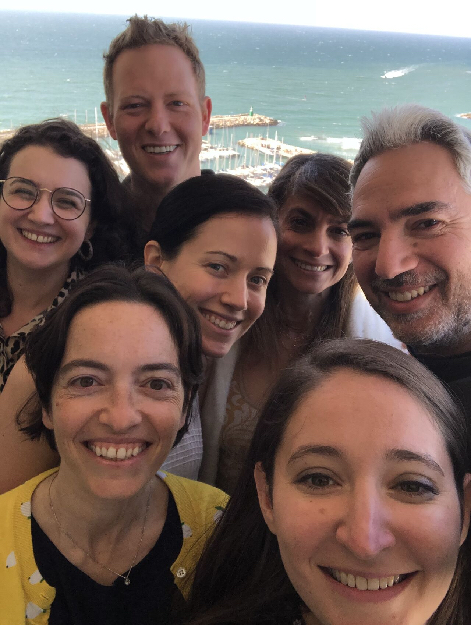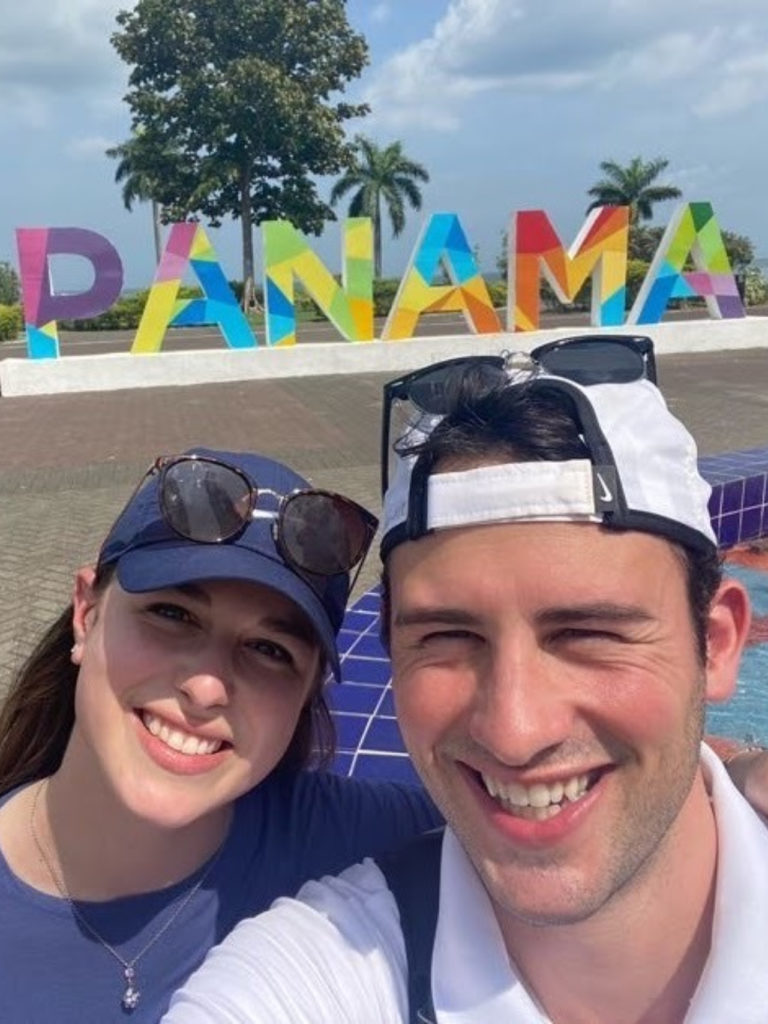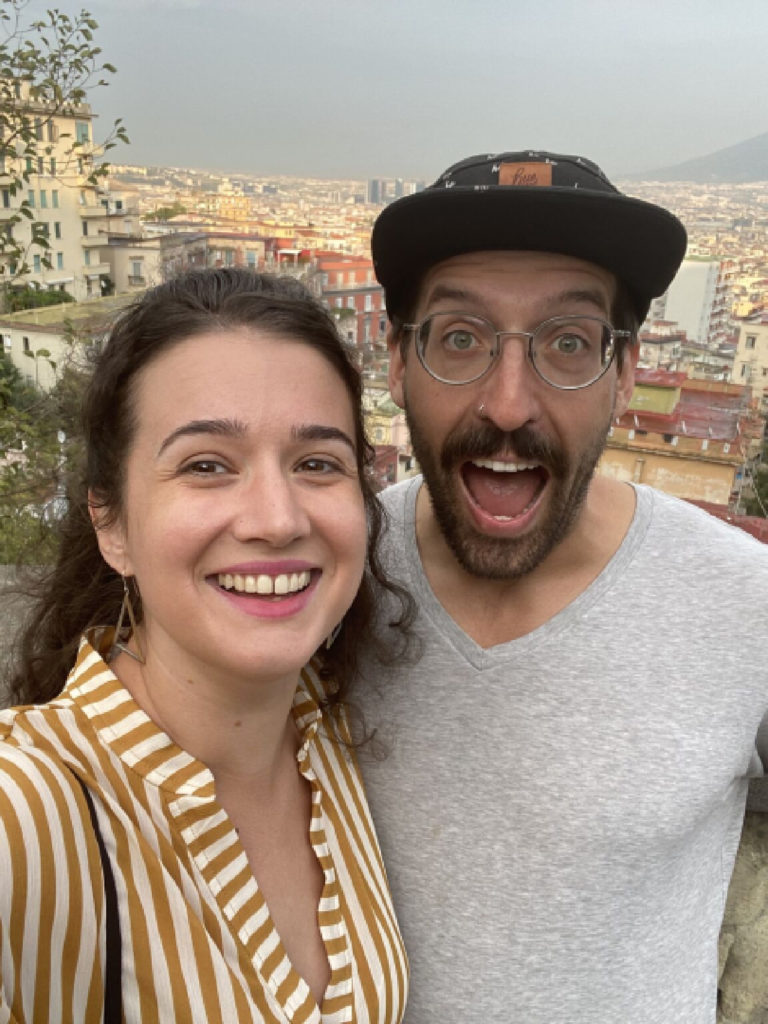At Blue Seedling, all our team members are self-employed / independent contractors. We’ve found that this structure best supports our mission to be remote-first, flexible, and provide a variety of working models for our team.
Curious about what this looks like IRL? Check out the following interview with Lauren Glover, a longstanding Director of Marketing on our team, below.
So what does it actually mean to be an independent contractor? How is this different from being a more traditional “employee”?
Generally speaking, being an independent contractor in the US means that you are legally self-employed/freelance and paid via a 1099 form as opposed to a W2. At Blue Seedling, this means each team member runs their own business on their own terms, and Blue Seedling is a client.
In practice, being an independent contractor means that each of us has immense freedom to build the kind of work-life we want. We make our own hours and have control over the type of projects we take on. Now of course, we’re still a team and need to collaborate, so there are certain check-ins throughout the week to make sure we’re collaborating in the best possible way. But we’re not a meeting-heavy culture. Moreso than in any other work I’ve done, my time is my own.
How did you join Blue Seedling? What has your self-employment journey been like?
I met our CEO and founder Netta through a friend in early 2017 and started working with Blue Seedling as a part-time marketing consultant. At the time, I was also a podcast producer and worked part-time for a TV director and writer.
Over the years, I found myself more and more drawn to the work Blue Seedling was doing, and I wanted to invest more hours doing it. I am now a Director of Marketing with the company and have a full-time project load.
A few years ago, I also decided to go back to school and get my Master’s in Strategic Communication. The team was super supportive of this decision, and it was great to be able to continue working while I was in school.
What do you like most about the self-employment structure?
One of my favorite things about working at Blue Seedling is the type of people who work with us. Due to our self-employment structure, we tend to attract folks who are more entrepreneurial, more self-directed, and who have lots of interesting things going on outside in their lives.
Our work structure means that people can create the type of weekly balance they want. For example, many members of our team have caregiving responsibilities outside of work that they adjust their schedules around. Other folks have outside passions or interests that necessitate a flexible schedule — like surfing, or international travel. Some people pursue advanced degrees, have other work, or teach like I do. I am currently an adjunct professor teaching business writing and public speaking at Columbia University, and I feel 100% supported in this pursuit.
These “extracurricular” activities make for a really vibrant team. I’d even argue that having outside pursuits makes us all more creative and focused in our work at Blue Seedling. We’re able to bring in a diversity of perspectives from our outside lives, as opposed to having tunnel vision.




What do you do about benefits — health insurance, PTO, retirement savings, etc?
Since all of us are self-employed, we each handle our own benefits. This can be the biggest adjustment for folks coming from more traditional work, but there can be a lot of benefits (no pun intended) in handling your own benefits.
I like handling my own benefits because I’m more in control. I can pick the insurance I want; I can choose the price and the plan that gives me access to the doctors that I want to see. I did not have this type of choice when I worked as an employee at another company and had to settle for a sub-par (and expensive!) plan.
As far as PTO and retirement savings go, the same principles apply. Each of us gets to decide how much money we put aside for retirement savings or time-off savings. In terms of financial planning as a self-employed person, there’s also the huge upside of being able to deduct a lot of business expenses, which can really lessen your tax burden and allow you to save for other things.
In terms of time off, there are no company restrictions on time off or where we work from. We’ve been a fully-remote company since day one—way before COVID—and know how to work remotely effectively (and have fun doing it!). For example, I’m based in New York, but I’ve had great experiences taking extended trips and working remotely from Pittsburgh, Los Angeles, Italy, and of course, Tel Aviv.
To make financial planning a bit easier, some team members choose to work with a CPA, or use services like Formations or Catch to help structure their financial lives. This can be a great solution, especially if you’ve never been self-employed before.
Any other perks?
Yes! Blue Seedling offers a variety of perks including a home office budget, reimbursement for professional development and/or any type of “extracurricular” learning, unlimited free books, and team trips (in the past year we had an offsite in Beacon, NY, and another one in Tel Aviv).
Any final words on self-employment?
I really love being self-employed, and I don’t think I could ever go back to being an employee. It’s certainly a mindset shift, and different people have different experiences…but personally, I’ve found it to be empowering and rewarding. It also helps me take more responsibility and accountability in my work. I’m not just a cog in an organization; I’m a self-directed professional who has a say in how she spends her time.
We’re entering a golden age of self-employment in the United States. More and more people are choosing to work for themselves, and this means there’s also an increase in the number of services being designed specifically for freelancers. From increased options for flexible workspace to support organizations like Formations, Catch, or the Freelancers Union, there’s a huge support network for freelancers. There’s never been a better time to be self-employed.








